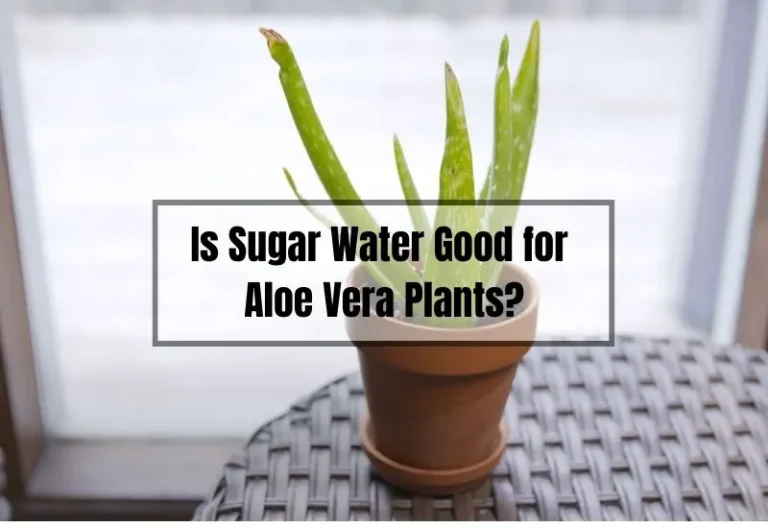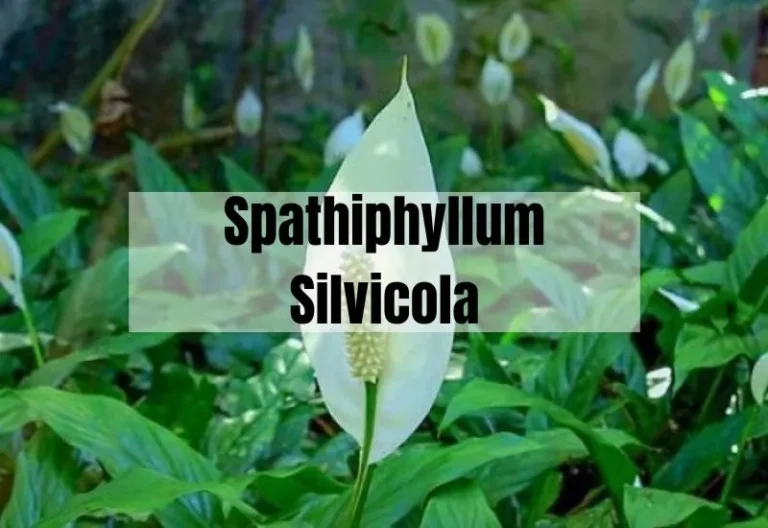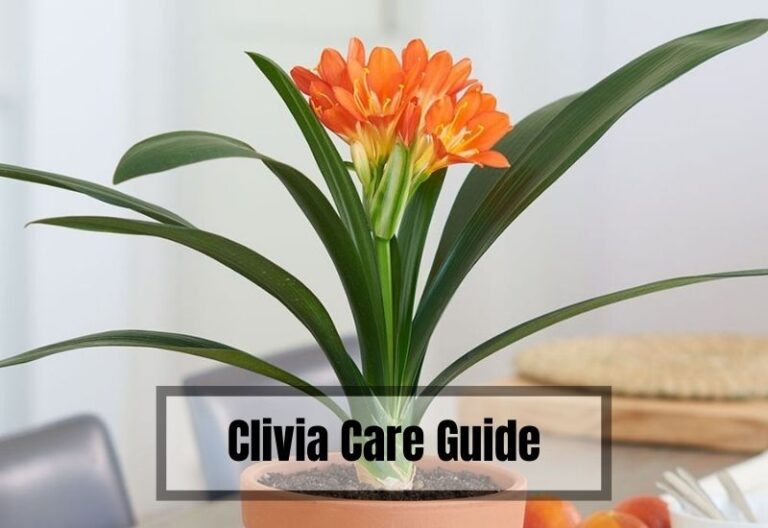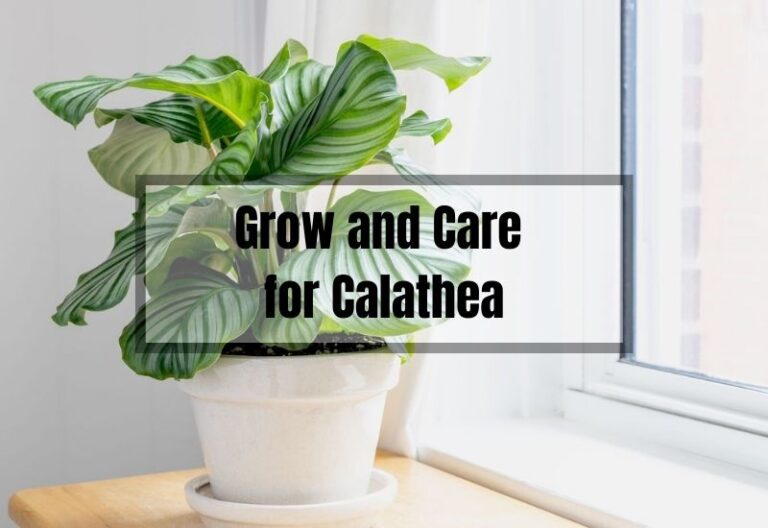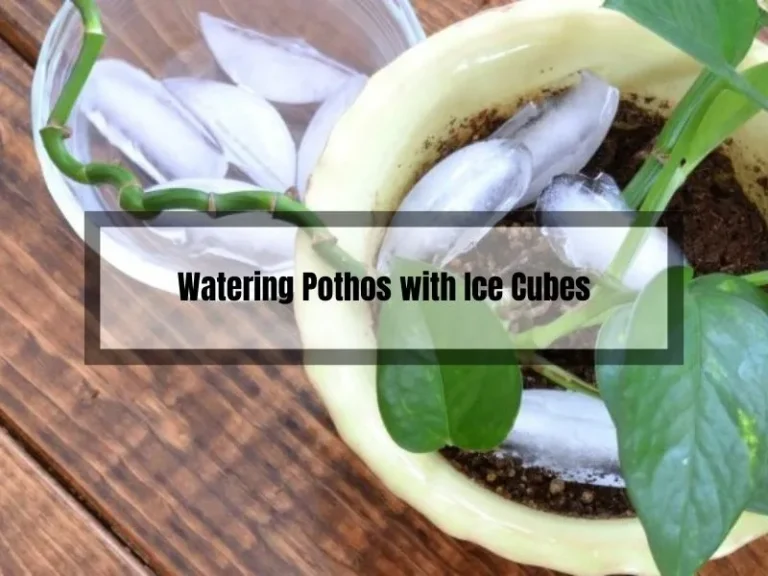Will Copper Sulfate Kill Lily Pads? A Friendly Guide to Lily Pad Control
Are you struggling to control the growth of lily pads in your pond or lake? If so, you may have heard about using copper sulfate as a solution. But will copper sulfate actually kill lily pads? The answer is not as simple as a yes or no.
Copper sulfate can be effective in controlling the growth of lily pads, but it can also harm fish and other aquatic life if not used properly.
There are alternative methods for controlling lily pads, such as physical removal and the use of other herbicides. In this article, we will explore the effect of copper sulfate on lily pads and safety measures when using it.
Key Takeaways
- Copper sulfate can be effective in controlling lily pads, but it can also harm aquatic life if not used properly.
- Alternative methods for controlling lily pads include physical removal and the use of other herbicides.
- When using copper sulfate, it is important to follow safety measures to avoid harming aquatic life.
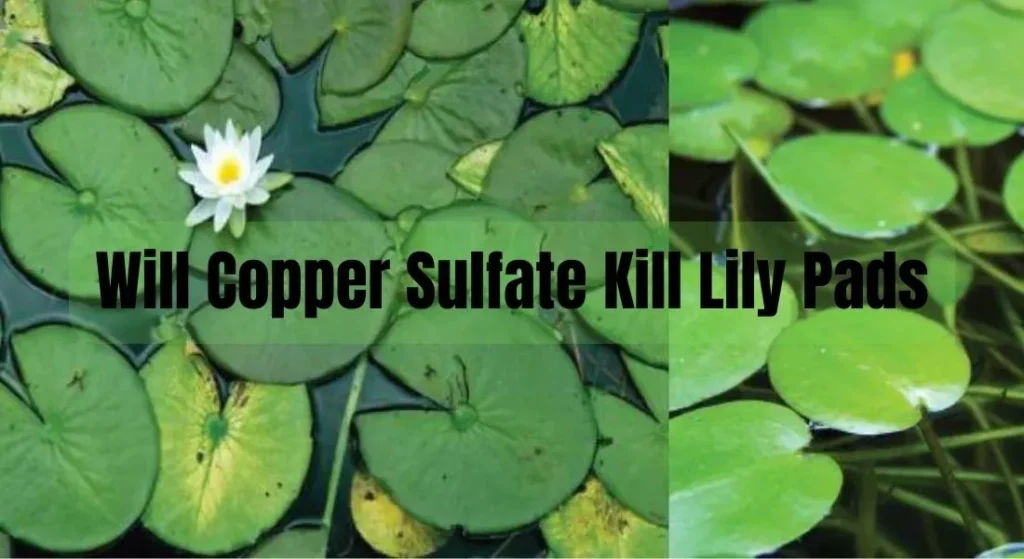
Will Copper Sulfate Kill Lily Pads?
If you’re wondering whether copper sulfate is an effective way to get rid of lily pads, the answer is not so straightforward. While copper sulfate has been used for controlling some types of aquatic plants, it may not be the best solution for lily pads. In this section, we’ll take a closer look at copper sulfate and its effects on lily pads, as well as explore some alternative methods for controlling their growth.
Copper sulfate is a chemical compound that is commonly used as an algaecide and herbicide in ponds and lakes. It works by releasing copper ions into the water, which are toxic to algae and other aquatic plants. However, lily pads are more resistant to copper sulfate than other aquatic plants. In fact, copper sulfate may not even be effective in killing lily pads, especially if they are well-established.
Moreover, using copper sulfate to control lily pads can have negative effects on the environment. Copper is a heavy metal that can accumulate in sediments and harm aquatic life, such as fish and invertebrates. It can also leach into groundwater and affect nearby ecosystems.
If you’re looking for an alternative to copper sulfate, there are several other methods you can try. Here are some of the most effective ones:
- Physical removal: The first method known for killing lily pads is the physical one. The physical method means the things that you physically can do, and that includes different activities. You can try raking them out by hand using a classic garden rake and gently pulling out as many lily pads as possible. However, depending on the variety, the roots may be more resistant, and you may not be able to pull them out. You can also use a weed cutter or a sickle to cut the lily pads off at the base and remove them from the water. This method is best used for small infestations as it can be time-consuming for larger areas.
- Biological control: Another method for controlling lily pads is biological control. This involves introducing natural predators or competitors of the lily pads to help keep their growth in check. For example, grass carp and tilapia are known to feed on lily pads and can be used as a natural control method. However, it’s important to note that introducing non-native species can have unintended consequences and should be done with caution.
- Herbicides: Aquatic herbicides made specifically for use in and around water are a safe and effective management tool. Aquatic herbicides are very successful in treating lily pads. Glyphosate is a popular herbicide used to control lily pads and other aquatic weeds. It works by inhibiting the plant’s ability to produce amino acids, which are essential for growth. Glyphosate is generally considered safe for aquatic life and has a low risk of leaching into groundwater.
Understanding Copper Sulfate
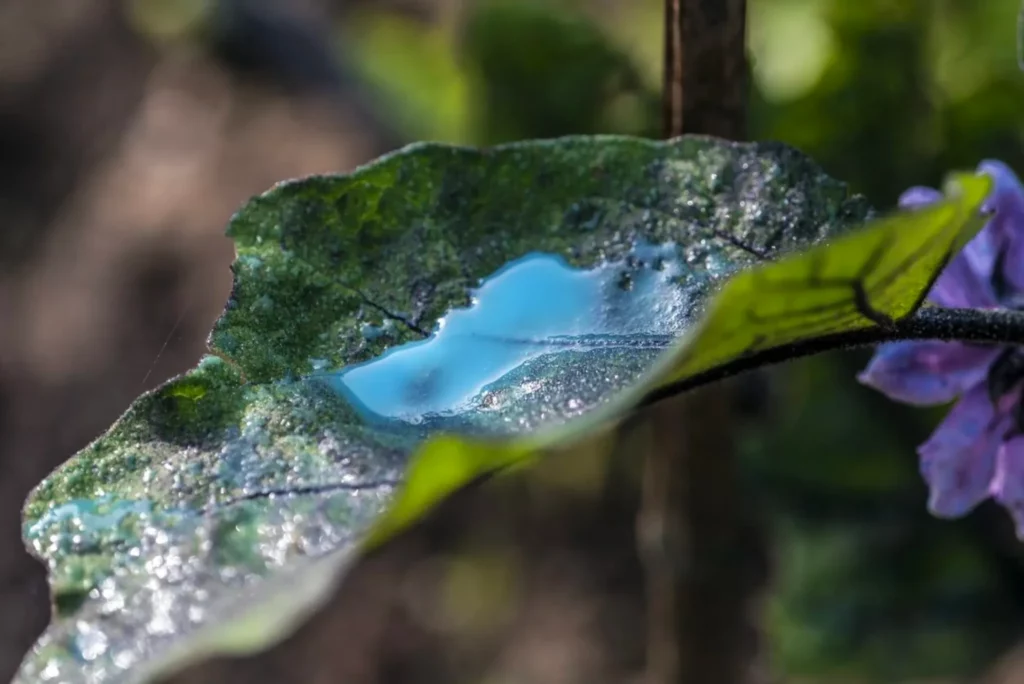
If you’re looking for a solution to kill lily pads, copper sulfate may be a viable option. But before you go ahead and use it, it’s important to understand what copper sulfate is and how it works.
What Is Copper Sulfate?
Copper sulfate, also known as cupric sulfate or blue vitriol, is a chemical compound that is made up of copper, sulfur, and oxygen. It is commonly used in agriculture, aquaculture, and as a fungicide and algaecide.
Copper sulfate is available in different forms, such as crystals or powder, and can be purchased at most hardware and garden stores.
How Does Copper Sulfate Work?
Copper sulfate works by disrupting the cellular membrane of plants and algae, causing them to die. When copper sulfate is applied to the water, it dissolves and releases copper ions into the water. These copper ions then bind to the proteins in the cell membrane of the lily pads, causing the membrane to break down. This leads to the death of the lily pads.
It’s important to note that copper sulfate can also be toxic to fish and other aquatic life if used improperly. It’s recommended to use copper sulfate only in small amounts and to follow the instructions carefully.
Here are some key points to keep in mind when using copper sulfate:
- Copper sulfate should be dissolved in water before being applied to the pond or lake.
- The amount of copper sulfate needed will depend on the size of the body of water and the severity of the lily pad infestation.
- It’s important to use the correct dosage to avoid harming fish and other aquatic life.
- Copper sulfate should be applied on a calm day when there is no wind to prevent the chemical from drifting to unintended areas.
- It’s important to wear protective clothing and gloves when handling copper sulfate.
Effects of Copper Sulfate on Lily Pads
If you’re dealing with a lily pad problem in your pond or lake, you may be wondering if copper sulfate is an effective solution.
Copper sulfate is a commonly used herbicide that can be effective against certain aquatic plants, but what are its effects on lily pads specifically? Let’s take a closer look.
Immediate Effects
When copper sulfate is applied to a body of water, it can have immediate effects on lily pads. The copper ions in the chemical can damage the plant’s cell membranes, causing them to leak and eventually die. This can lead to a rapid reduction in the number of lily pads in the area.
However, it’s important to note that copper sulfate can also harm other aquatic organisms, such as fish and invertebrates. In high concentrations, it can cause oxygen depletion and even fish kills. Therefore, it’s crucial to use copper sulfate responsibly and follow all label instructions.
Long-Term Effects
While copper sulfate can be effective in the short term, its long-term effects on lily pads are less clear. In some cases, the plants may be able to recover and grow back even after a copper sulfate treatment. Additionally, repeated applications of copper sulfate can lead to the development of copper-resistant strains of lily pads, making future treatments less effective.
It’s also worth noting that copper sulfate can have negative effects on the overall health of the aquatic ecosystem. It can disrupt the balance of nutrients and microorganisms in the water, potentially leading to algal blooms and other problems.
Alternatives to Copper Sulfate for Lily Pad Control
Lily pads can be a beautiful addition to a pond or lake, but they can also be a nuisance. If you’re dealing with an overgrowth of lily pads, you may be wondering if copper sulfate is the best solution.
While copper sulfate can be effective, there are other options to consider as well.
Biological Control
One alternative to copper sulfate is biological control. This involves introducing natural predators or competitors to the ecosystem to reduce the growth of lily pads. Here are a few examples:
- Grass carp: These fish feed on aquatic vegetation, including lily pads. They can be a great option for larger bodies of water, but may not be suitable for smaller ponds.
- Waterfowl: Ducks and geese can also help control the growth of lily pads by eating the leaves and stems. However, keep in mind that they may also cause damage to other plants and create a mess.
- Insects: Certain insects, such as the water lily leaf beetle, can be introduced to feed on the leaves of lily pads. However, this method may not be effective for large infestations.
Mechanical Control
Another option to consider is mechanical control. This involves physically removing the lily pads from the water. Here are a few methods:
- Raking: Raking the lily pads can help remove them from the water. However, this method may not be effective for large areas and can be time-consuming.
- Cutting: Cutting the lily pads can also be effective, but may require a specialized tool. Be sure to cut the pads close to the root to prevent regrowth.
- Harvesting: Harvesting the lily pads involves using a specialized machine to remove them from the water. This method can be effective for larger areas, but may be costly.
While copper sulfate can be an effective solution for controlling lily pads, it’s not the only option. Consider using biological or mechanical control methods to keep your pond or lake looking its best.
Safety Measures When Using Copper Sulfate
When using copper sulfate to kill lily pads, it is important to take safety measures to prevent any harm to yourself, other people, animals, and the environment. Here are some safety tips to keep in mind:
Protective Gear
Wear protective gear such as gloves, goggles, and a mask when handling copper sulfate. This will prevent skin irritation, eye damage, and inhalation of the chemical.
Proper Use
Follow the instructions on the label carefully. Do not use more than the recommended amount as this can harm aquatic life and cause pollution. Also, avoid using copper sulfate near drinking water sources.
Storage
Store copper sulfate in a cool, dry place away from sunlight and moisture. Keep it out of reach of children and pets.
Disposal
Dispose of copper sulfate properly. Do not pour it down the drain or into bodies of water. Contact your local waste management facility for proper disposal methods.
First Aid
In case of accidental exposure, seek medical attention immediately. Rinse skin with water and remove contaminated clothing. If ingested, do not induce vomiting and seek medical attention.
By following these safety measures, you can effectively use copper sulfate to kill lily pads without causing harm to yourself or the environment. Remember to always read the label and handle the chemical with care.
Frequently Asked Questions (FAQs)
Will copper sulfate harm fish if used to kill lily pads?
Yes, copper sulfate can harm fish if used in high concentrations. It is important to follow the instructions on the label carefully and not exceed the recommended dosage. Additionally, it is best to treat the pond in sections, allowing time for the copper sulfate to dissipate before treating the next section. This will help prevent harm to fish and other aquatic life.
How much copper sulfate should I use to treat a 1 acre pond?
The amount of copper sulfate needed to treat a 1 acre pond will depend on the concentration of the product being used and the severity of the lily pad infestation. As a general rule of thumb, 2.7-5.4 kg of copper sulfate per acre-foot of water is recommended. It is always best to consult with a professional or the manufacturer’s instructions for specific dosage recommendations.
What other plants will copper sulfate kill besides lily pads?
Copper sulfate can kill a variety of aquatic plants, including algae, duckweed, and cattails. However, it is important to note that copper sulfate can also harm beneficial plants and organisms in the pond, so it should be used with caution.
What is the best chemical for killing lily pads?
There are several chemicals that can be used to kill lily pads, including glyphosate, diquat, and fluridone. However, the best chemical for killing lily pads will depend on the specific situation and the severity of the infestation. It is always best to consult with a professional to determine the most effective treatment option.
What is the most effective way to remove lily pads from a pond?
The most effective way to remove lily pads from a pond is to physically remove them with a rake or net. This method is time-consuming but can be very effective for small infestations. For larger infestations, chemical treatments may be necessary.
Can vinegar be used as an alternative to copper sulfate for killing lily pads?
While vinegar has been touted as a natural alternative to copper sulfate for killing lily pads, there is little scientific evidence to support its effectiveness. Additionally, vinegar can harm beneficial organisms in the pond and should be used with caution. It is always best to consult with a professional to determine the most effective treatment option.
Conclusion
In conclusion, copper sulfate is not the most effective chemical for killing lily pads. While it can be used to control algae, it is not very effective against lily pads.
If you are looking for a chemical solution to control lily pads, diquat is a better option. It is a fast-acting chemical and should not take long before you notice the lily pads dying. However, it is important to note that diquat can also harm fish and other aquatic life, so it should be used with caution.

